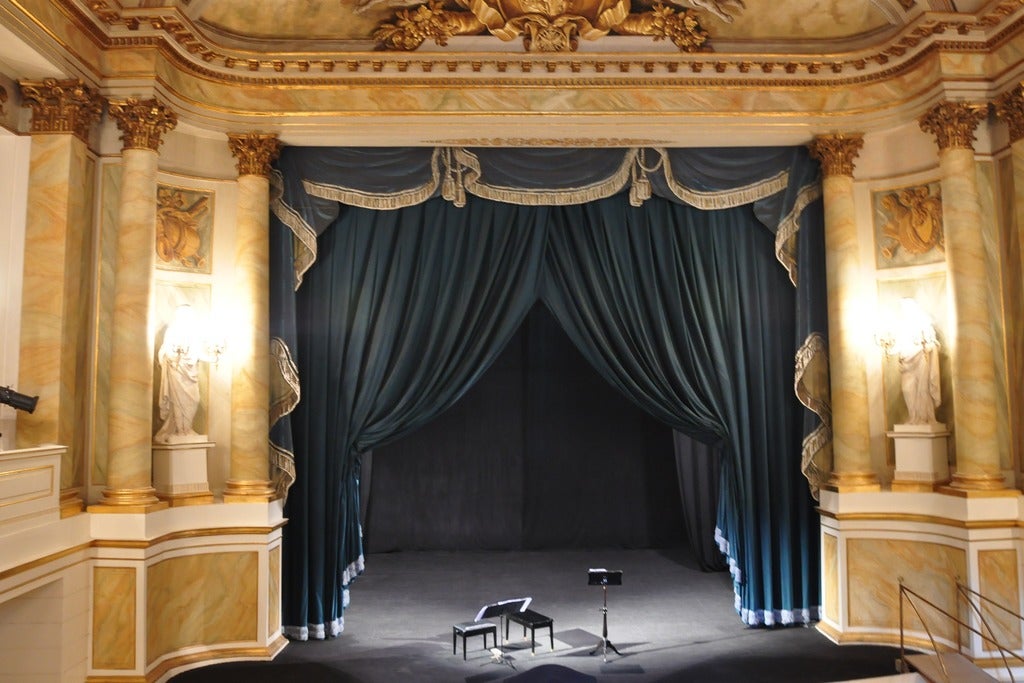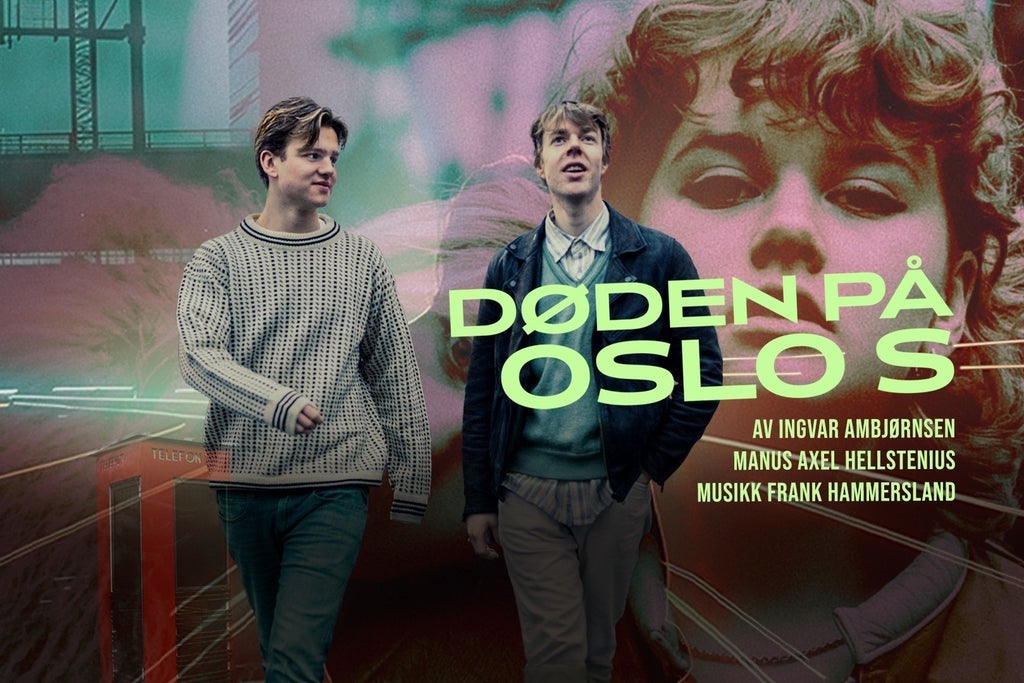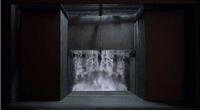The first sharp chords of Puccini’s popular opera Tosca take us into a world of political unrest, torture and merciless power games. At the centre of the action is the Chief of Police, Scarpia – one of the true bad boys of the operatic world. For him, cruelty goes hand in hand with his erotic appetite – particularly for the singer Floria Tosca. While her lover, the painter Mario Cavaradossi, is tortured, Scarpia explains that the price for Cavaradossi’s release from political imprisonment is Tosca herself.
Puccini presents Scarpia’s dark disharmonies in crass contrast to the loving pair’s beautiful arias and duets, such as Cavaradossi’s well-known tower aria and Tosca’s ‘Vissi d’arte’.
In his new production, our first permanent Guest Director Calixto Bieito focuses on the intense and intimate chamber play that is spun around these three characters, in addition to the brutal reality that the opera actually depicts.
Tosca first premiered in Rome in 1900, and is set during Napoleon’s siege of Italy a hundred years earlier. The opera’s themes, however, are timeless. Scarpias can be found everywhere in the form of individuals in positions of power with a seemingly friendly demeanour, but whose friendliness is simply a means of gaining control and ascendancy.
For the 2016/17 season we present three works that constitute clear protests against war, torture and political persecution, but from different times and in a variety of musical styles: Beethoven’s Fidelio, Puccini’s Tosca and Britten’s War Requiem.
Cast and Creative team for Tosca at Den Norske Opera & Ballett
Floria Tosca
Svetlana Ignatovich
Cesare Angelotti
Jens-Erik Aasbø
Sakristanen
Pietro Simone
Sciarrone
Ludvig Lindström
Spoletta
Thorbjørn Gulbrandsøy
Videos

|
The Sound of Music
Moster Amfi (8/6 - 8/16) | |

|
Konsert med Halva Priset, Carina Dahl
Blykjelleren (6/28 - 6/28) | |
|
|
Pil og Bue + Special Guest : Taiga Woods
Martins Pub (4/25 - 4/25) | |
|
|
Mesterverkkonsert - Frédéric Chopin recital
Kampen Kirke (3/16 - 3/16) | |
|
|
Brett Young
Sentrum Scene (10/23 - 10/23) | |

|
Blue/Orange | Premiere
Oslo Nye Centralteatret (4/9 - 4/9) | |

|
Døden på Oslo S
Egal Teater, Oslo (1/16 - 6/11) | |
| VIEW SHOWS ADD A SHOW | ||
Recommended For You



